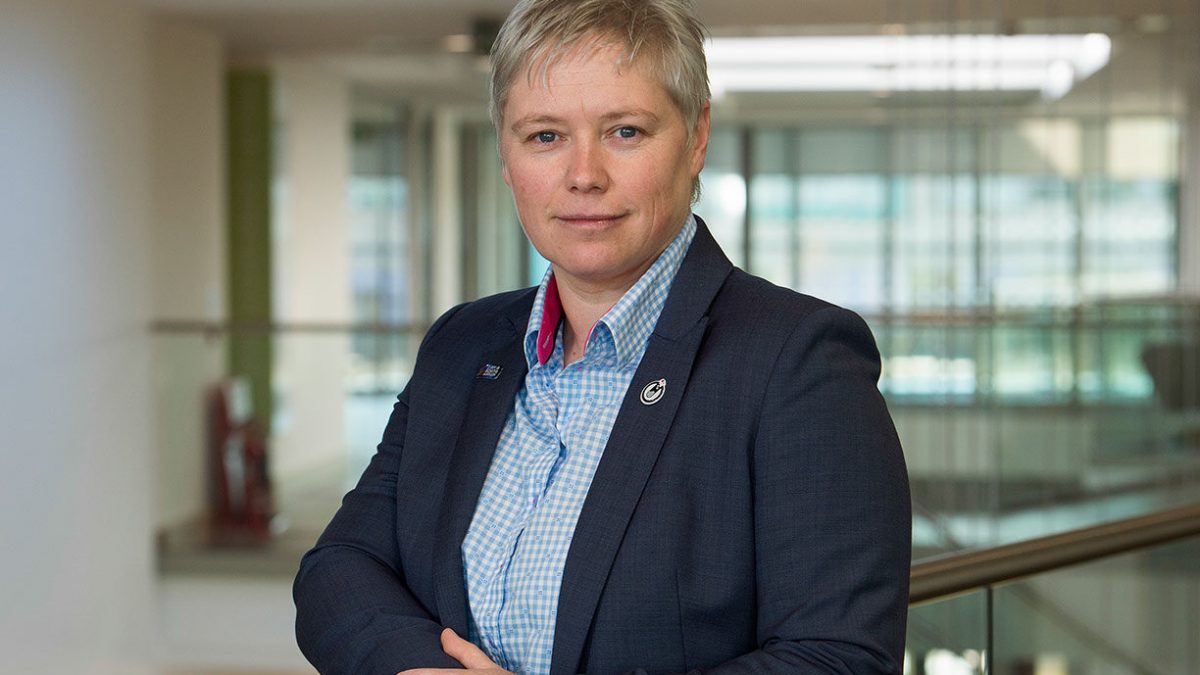Data scientists are being placed in organisations across Scotland as part of a nationwide scheme to help companies harness the power of Artificial Intelligence.
Organisations are set to benefit from the three-month summer placement scheme for MSc data science graduates, which is supported by The Data Lab – one of Scotland’s eight innovation centres.
Final numbers for 2019 are currently being confirmed but every year across 11 universities in Scotland, up to 155 students undertaking an MSc in a data science-related field can take part in the ‘industrial placement’ scheme.
Since launching in 2015, 416 students have been sponsored by The Data Lab, with 133 having completed placements at more than 76 organisations, spanning private, public and third sectors. This summer, nearly 100 students will be starting a placement before graduating from their MSc course.
Separate to this, The Data Lab is currently in the midst of its Innovation Week programme, which is designed to bring together data science graduates with companies who are trying to solve key business problems using AI and machine learning techniques.
The three-day event culminates tomorrow in Glasgow at the Mariott Hotel, where six organisations have participated in a series of challenges they were seeking to solve. MSc students and challenge owners work together in a rapid problem-solving based environment to apply data science to real business challenges.
The challenges are:
–Loch Lomond & The Trossachs National Park: the organisation is exploring how a data-based solution might tackle litter in tourist hotspots;
–Scottish Water: the organisation is trying to reduce stress on the water network;
–Wood Mackenzie: the energy research company is exploring how data might accelerate energy transition in Europe’s power market;
–Snook/The Data Lab: The user design agency is working with the innovation agency on creating a system to help people manage diabetes more effectively.
–Sustrans: The sustainable transport charity is trying to encourage students to take part in active travel i.e. walking or cycling.
–Royal Bank of Scotland: The bank is exploring ways for data to help it reduce risk when making mortgage valuations.
While one of the key drivers of the programme is for organisations to get a better understanding of how important data can be in influencing organisational decision-making, at the same time it gives students direct routes into the world of work, while also encouraging graduates to remain in Scotland, following the completion of their studies.
Gillian Docherty, CEO at The Data Lab, said: “Innovation week has become larger every year and it’s fantastic to see so many organisations getting involved. It’s extremely important we’re able to facilitate knowledge transfer between those with skills in data, and industry.
“Innovation Week gives businesses the opportunity to understand how to begin looking at data as a tool to help solve challenges and gain more insight into their organisations. We’ve already seen some of the ideas coming out of the workshops from previous years being worked into long-term business strategies.
“From the students’ perspective, the MSc placement and Innovation Week act as direct links into employment, and the activities organised throughout the year teach them how to apply academic theory into a real business environment. Many of those who have undertaken the three-month placement, have since been employed full-time by the organisation they were placed in – demonstrating the real value employers see in having a data expert within their organisations.”
Looking at the key numbers, not including the most recent cohort (2018-2019), the number of students sponsored by The Data Lab is 261. Of that number, 133 have been placed in Scottish organisations, with at least 118 remaining in Scotland to work six months after graduation, and at least another eight going onto study PhDs.
With funding secured at least until 2022, The Data Lab aims to continue placing at least 100 students per year within Scottish organisations, while strengthening current relationships with organisational partners and forging links with new ones.




